Shahinur Akter is working for the University of Chittagong as a lecturer in the Department of Oceanography. Her research interests span issues in the field of marine biotechnology. Particularly, she is interested to investigate the marine natural product chemistry and marine microbial ecology in changing climate for their potential pharmaceutical and other industrial applications to promote blue economy of the country. Her current research aims to explore understudied microbial community from ship breaking zones for identifying potential candidates for novel biosynthetic and gene cluster related to secondary metabolite production, antibiotic producing strains, and enzymes of industrial importance.
Shahinur obtained her BSc and MSc degrees form the Institute of Marine Science (IMS), University of Chittagong under the National Science and Technology (NST) fellowship program. She worked with a biotechnological research group in IMS, who investigated to identify and extract bioactive compounds from seaweeds and successfully applied it to rearing shrimp that
showed antibacterial, antioxidant and cytotoxic activities with better survival and growth performances.As an Erasmus Scholar, she also received her second master’s in Marine Environment and Resources (MER+) from Europe (France, Spain and Belgium). She also work with the scientists from University of Basque Country (Spain), where she investigated the effect of climate change on the adaptation of microbial community. Moreover, she learned the technique for marine microcosm design and management for doing experimental research, while she served in research centre for experimental marine biology and biotechnology, Spain.
Shahinur is actively involved with the OiLAB research group, who are monitoring the cryptobiota of coral ecosystem under ARMS program. ARMS (Autonomous Reef Monitoring Structures) is a reliable and comparable biodiversity assessment tool adopted by NOAA’s National Coral Reef Monitoring Program and designed to mimic the structural complexity of a coral reef ecosystem to attract marine invertebrates’ colonization which helps to collect DNA sample for meta-genomic study of coral associated cryptobiota. She is contributing to understand the genetic diversity of associated microbiome to corals and their adaptation to the changing environment.
